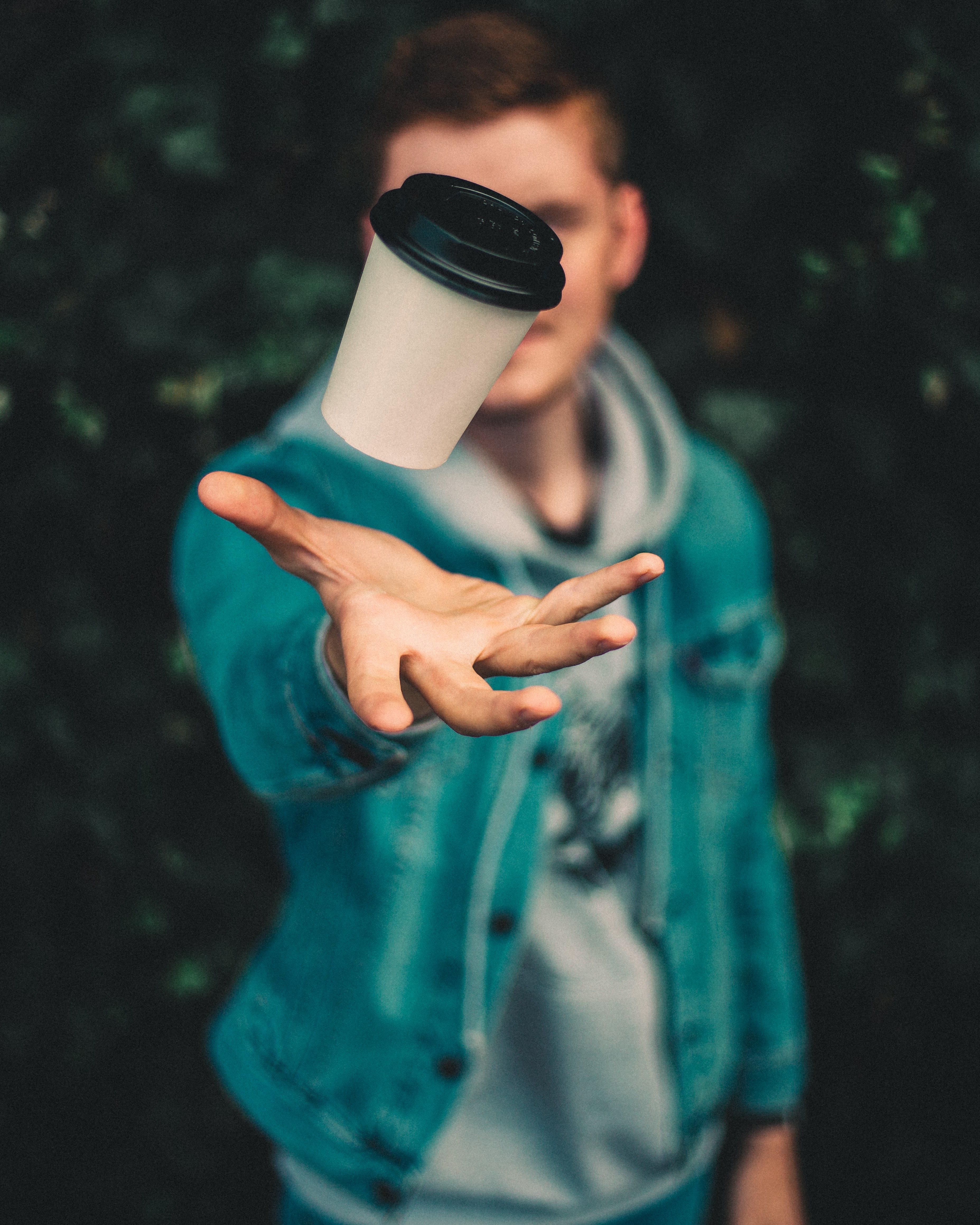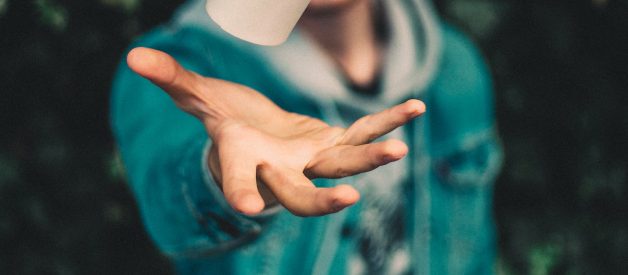What it was like to go from eight caffeinated drinks a day to zero.
 Photo by Keenan Constance on Unsplash
Photo by Keenan Constance on Unsplash
Caffeine is the most ubiquitous psychoactive drug on the planet. Despite its prevalence though, most people don?t give their caffeine habits a second thought ? likely because of its legality and relative safety when compared with other drugs.
I drank caffeine for most of my life without every worrying about the effect that it was having on my body. As of last year, I was up to about four cups of coffee and four sodas every day. I had a sense that I was drinking more than average, but I didn?t occur to me that it could really do any harm.
My tipping point came when I stopped smoking last year. Nicotine decreases the effects of caffeine, so when I quit cigarettes, all that coffee and soda suddenly had a much bigger effect on me. Suddenly I was having trouble sleeping every night.
I quickly reduced my caffeine. After doing more research, and discovering that caffeine is linked to anxiety, I decided to quit completely. It?s been four weeks since I started reducing my caffeine consumption, and I?m already reaping the benefits.
Why I?m Saying Goodbye to Caffeine
I?ve quit alcohol and tobacco, but can I kick caffeine too?
medium.com
Although caffeine is often overlooked, it is an addictive substance. and sudden cessation from caffeine can cause withdrawal symptoms. Even though I tapered down, I still experienced some of these symptoms.
I want to share a timeline of my experience so that others who are quitting caffeine, or considering quitting, have some expectation of what they?ll go through. Keep in mind though, that every person will react a bit differently, and your timing and symptoms may not line up perfectly with mine.
My Timeline
Two weeks before quitting:
I started tapering down my caffeine use two weeks before quitting entirely. My first step was to eliminate all the soda from my diet, leaving just coffee. This step went remarkably smoothly.
Even though I had been drinking four or more sodas most days, I didn?t miss them anywhere near as much as I expected to. There were a few times that I went to the fridge, forgetting that there were no sodas there. But, I didn?t have intense cravings.
Over the following week I still drank between 3 and 4 cups of coffee a day, and my sleep already started getting much better.
Four days before quitting:
With four days to go before quitting, I reduced my coffee to two cups a day, followed by one cup a day for the final two days.
It was during this period that I started to experience the first symptoms of withdrawal. I got mild headaches, and felt a tiny bit of confusion. Neither were serious enough to interfere with my daily life.
I did start getting much more intense cravings during the last two days. Each of those days I had my one cup of coffee as soon as I woke up, and I spent much of the rest of the day thinking about another. On the very last day, it took a lot of effort to talk myself out of having a second cup.
My first day caffeine free:
My first day caffeine free went easier than expected. I had a headache for much of the day, but taking ibuprofen was enough to make it manageable.
I also felt dehydrated for much of the day, and made sure to drink tons of water.
I actually craved coffee less on this day than on the previous days. I think it can be easier to cut something out completely than to limit myself to just a little.
Days 2 and 3
The following two days were really just more of the same. A bad headache, some confusion, and feeling dehydrated despite drinking a lot of water.
Day 4
On my fourth day caffeine free, my headache and confusion had disappeared.
This was also the first day where I started to really notice my anxiety improving. This day was definitely my turning point where I started to feel really great about having quit caffeine.
Days 5 through 13
Although my sleep had initially gotten better while tapering, it suddenly got much worse again around day five. Fortunately, it?s slowly gotten better ever since. The trouble sleeping is the only remaining withdrawal symptom that I experienced past day four.
Despite my trouble sleeping, my energy levels during the day feel pretty normal. I worried that I?d constantly feel groggy without caffeine, but I haven?t experienced that at all.
Meanwhile, my anxiety levels have still remained incredibly low. I?ve struggled with anxiety for much of my life, and I really don?t remember the last time that I had a stretch with so little worrying.
Overall, the withdrawal process wasn?t bad at all. Two weeks out, I?m feeling great and I?m extremely glad I made the decision to quit caffeine.
Tips For Quitting
Taper slowly
If you?re thinking of quitting, one thing that I wish I had done differently is to taper even more slowly. I?ve read that if you stretch out the caffeine reduction over a month or two, you can eliminate withdrawal symptoms entirely.
Drink a lot of water
I can?t emphasize enough how much it helped to drink a ton of water. I was constantly feeling thirsty, and for the past two weeks I?ve had my water bottle by my side non-stop. The better hydrated you are, the less likely you are to get headaches.
Try herbal tea
The one thing that I miss about coffee is having something hot to drink (especially in the winter). Caffeine-free herbal tea has been filling the void for me. The best thing about it is that I can even drink it right before bed without worrying about it keeping me up.
If you?re thinking of quitting caffeine, good luck and I hope this timeline helps give you some idea of what to expect. I think you?ll be surprised by just how soon you start feeling better.

